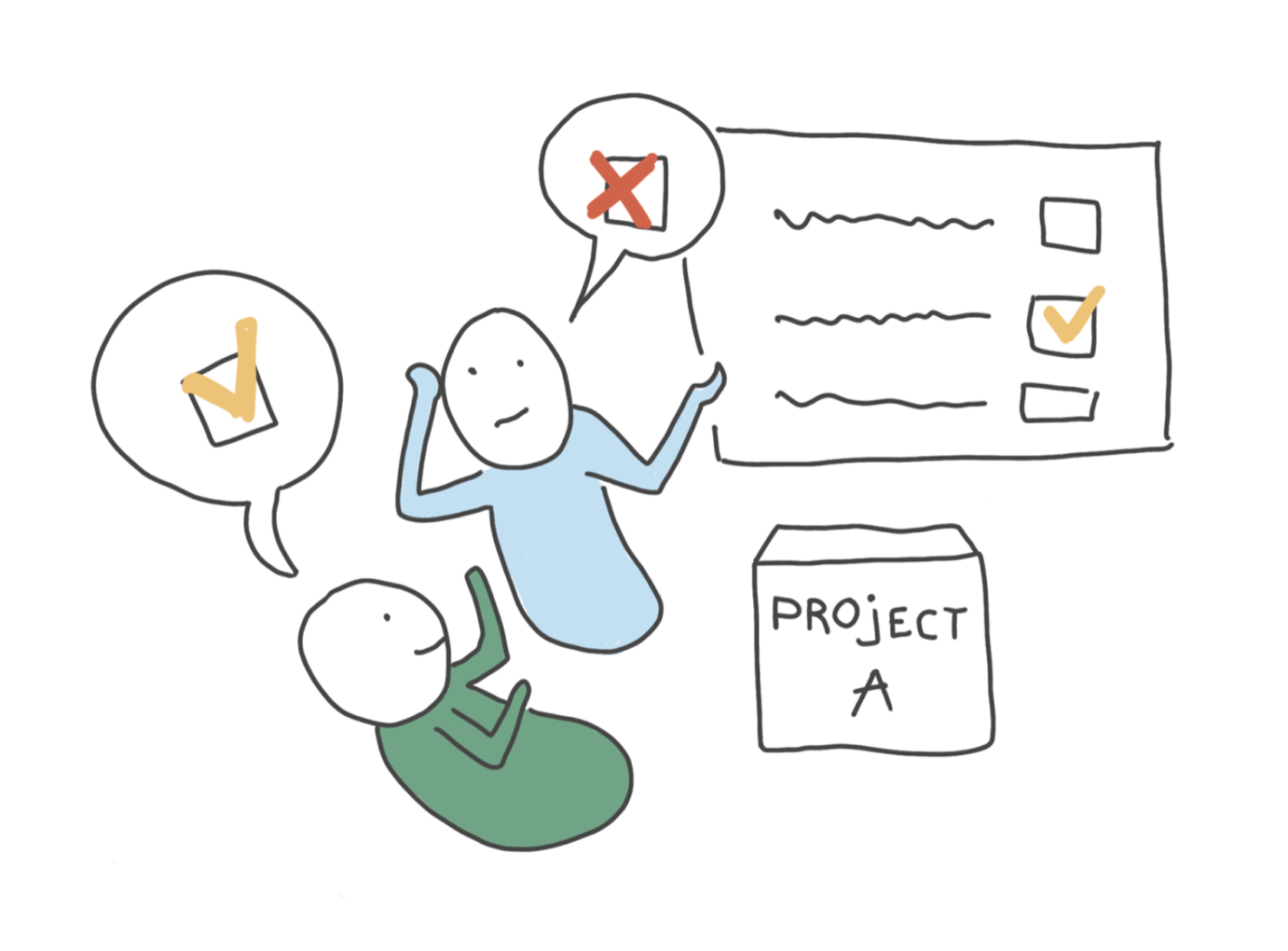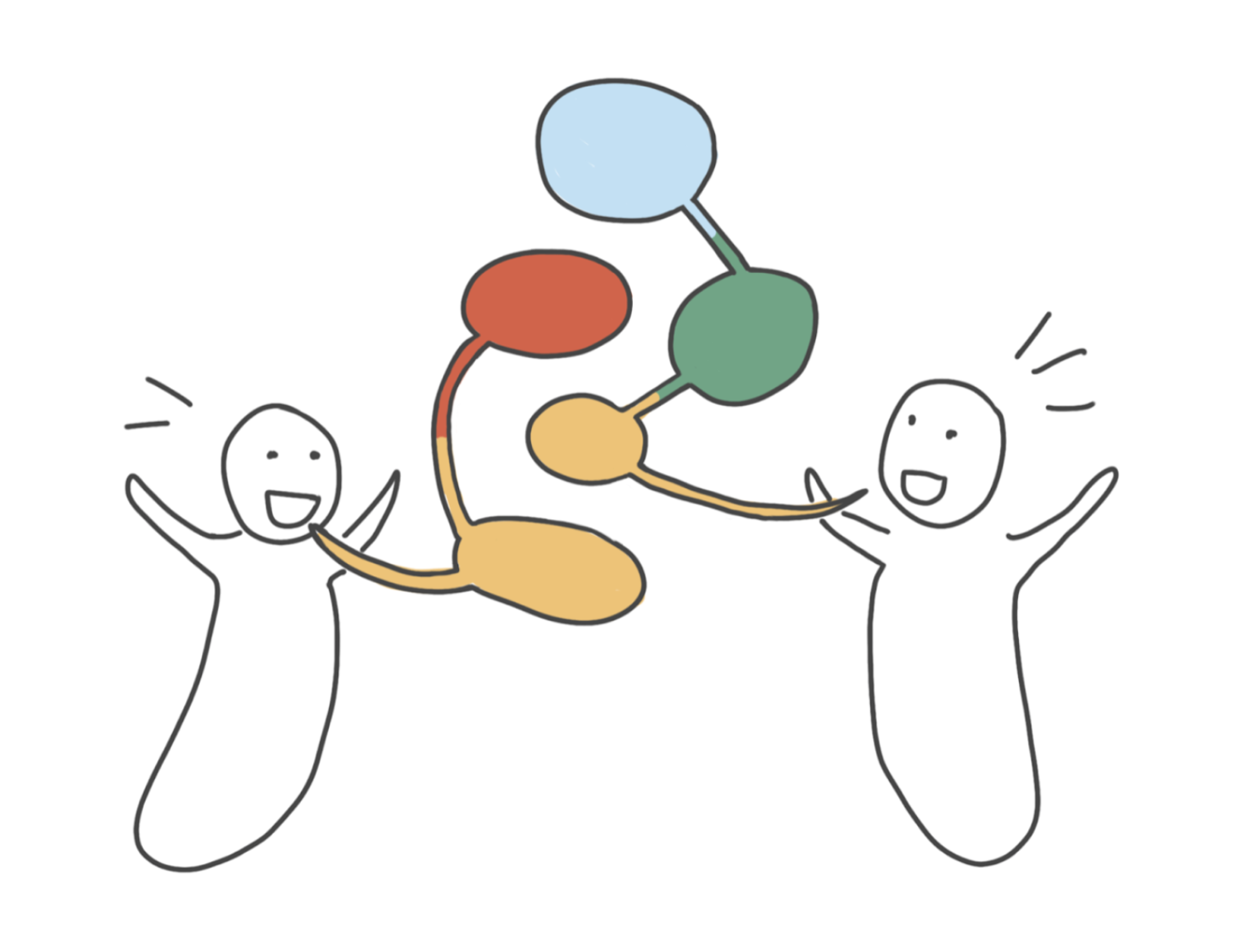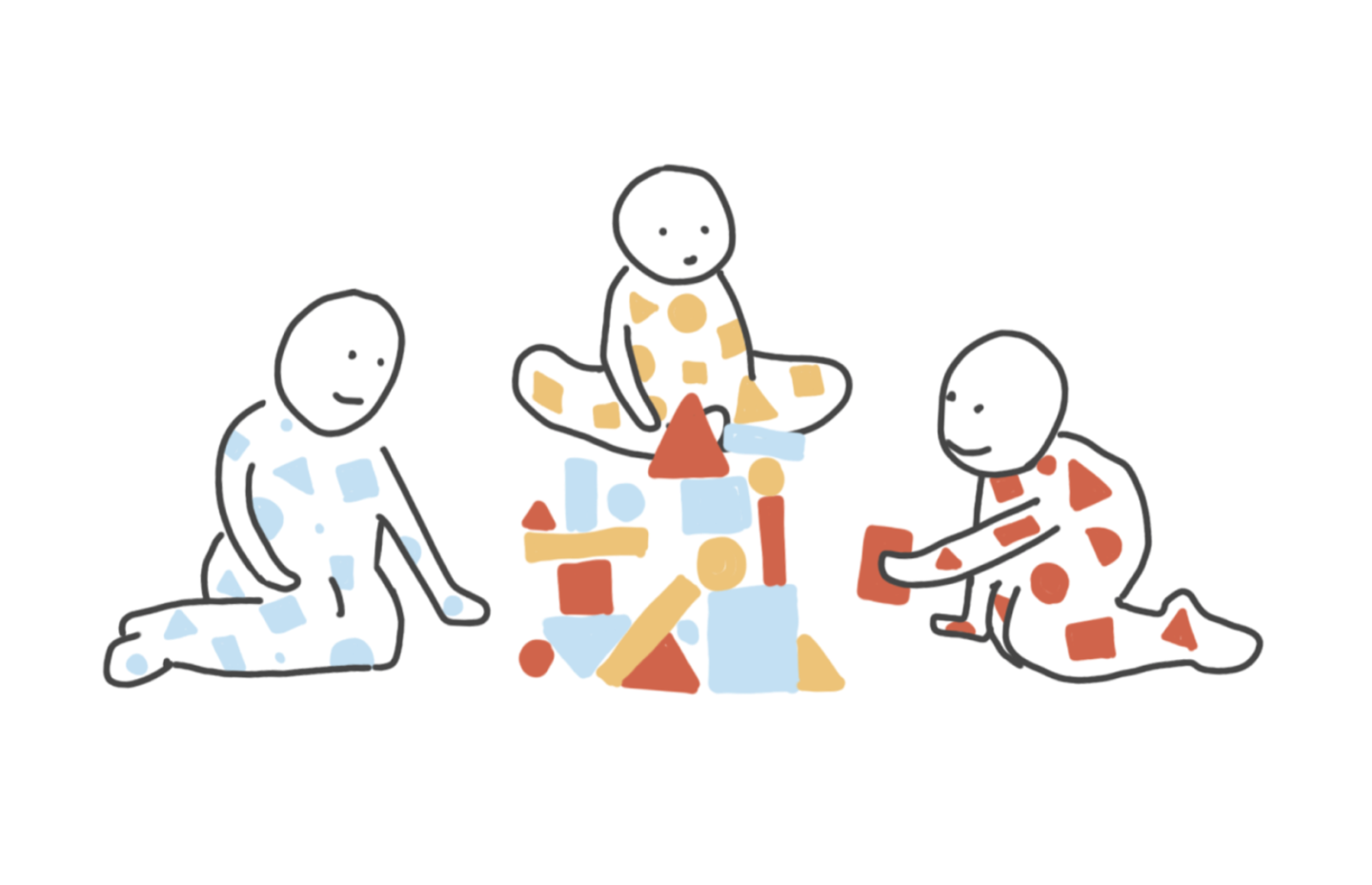Each of the people interviewed had a different intention and journey to get to Swaraj University. Similarly, each of them had a different experience while learning at Swaraj. Although there were many differences in their experiences, there were also many similarities that emerged in their reflections about their experiences. The first article explored stories of Experiential Learning. The next, Sense-Making & Developing Confidence. And this article of the Swaraj University series of Live Human Signposts will explore their stories relating to Facilitation & Peer-to-Peer Learning.
Networked Power & Peer-to-Peer Learning
Each person described that the traditional hierarchical power roles found in most universities were flipped at Swaraj. Stanzin described the role of facilitators as “helping us to articulate our thoughts and connect us with other people in that field.” Madhur described that he really enjoyed learning from the other members of his cohort and that “It was great to study with people that weren’t from my age. My batch had people from 17 – 27 years old.”
Madhur went on to explain that instead of having exams at Swaraj, they used peer-peer assessment. He described this as being a liberatory process and described, “We created the evaluation together. Which, I think, was a very challenging and difficult thing to understand. How do you evaluate yourself? I was personally so used to being evaluated by someone else and the parameters had already been set.”

In describing one of his mentors at Swaraj, Sameer, Gaurav explained, “most of my realizations, those ‘clicks’, where you start to understand what is happening in the world and how to navigate that, came from him, because I had that interaction with him.” He went on to explain how this form of mentorship enabled him to improve his sense-making apparatus, “He was my real mentor which brought much much clarity of thoughts, like you have a glass of water and you have mud in it, you stir it so everything is suspended, and then you let it settle and everything is clear.”

Each one of them described that after they expressed their interest in something, they were then connected to other people, not directly affiliated with Swaraj, to further explore their passions. Madhur was connected to a filmmaker in Mumbai. Arti was connected to intern at a school. Stanzin described this in greater detail, “The facilitators observe each Khoji, and see their skills, so if you are good at cooking, they invite you to take cooking to more of a professional level. You start your own business or start your cafe.”
Stanzin expressed his experience with peer-peer learning with another member of his cohort that was from Tamil Nadu. Unlike Stanzin, she had already completed her undergraduate degree in architecture. He expressed that together, they shared and learned. He described, “Earlier we [Stanzin and his friend from Ladakh] both were not good at talking about money with clients. We both were not really professional. Technical-wise, we both were really good. But, when it came to all the intangible skills, we both did not have. So, when she joined, I learned lots of things: how to talk to clients, software skills, talking about the charges and all…”

Through being exposed to various people doing different kinds of regenerative projects the khojis (learners) expanded their idea of what was possible. Madhur explained, “I also got exposed to a lot of projects, business, and nonprofits, which were small scale, people driven by their own passion and interest, and creating these enterprises, which otherwise I had no clue about.”
Find out more about the Live Human Signposts Project.
Daniel Rudolph (initiator and author) is interested in exploring alternative, experiential learning opportunities for people of all ages. He is passionate about forming community, and building public spaces for meaningful, transformational gathering. He spends a lot of his time learning juggling and facilitating gatherings. He also enjoys writing and sharing poetry. Dan is currently in an apprenticeship in Vermont at the MAPLE Monastic Academy.
Pia Janzen (illustrator & editor) is excited to visually support projects that inspire us to question and reimagine how we as humans relate to each other and our surroundings. She loves painting people, making music, eating, oceans and being around animals and she is passionate about working towards a more sustainable, liberating and authentic way of being.
Sierra Allen (editor) is a recovering individualist, spiritual forager, storytelling apprentice, unschooler, rock climber, and youth advocate. Sierra is a co-creator of EDiT – Education in Transformation and audiovisual editor and weaver with the Ecoversities Alliance.


